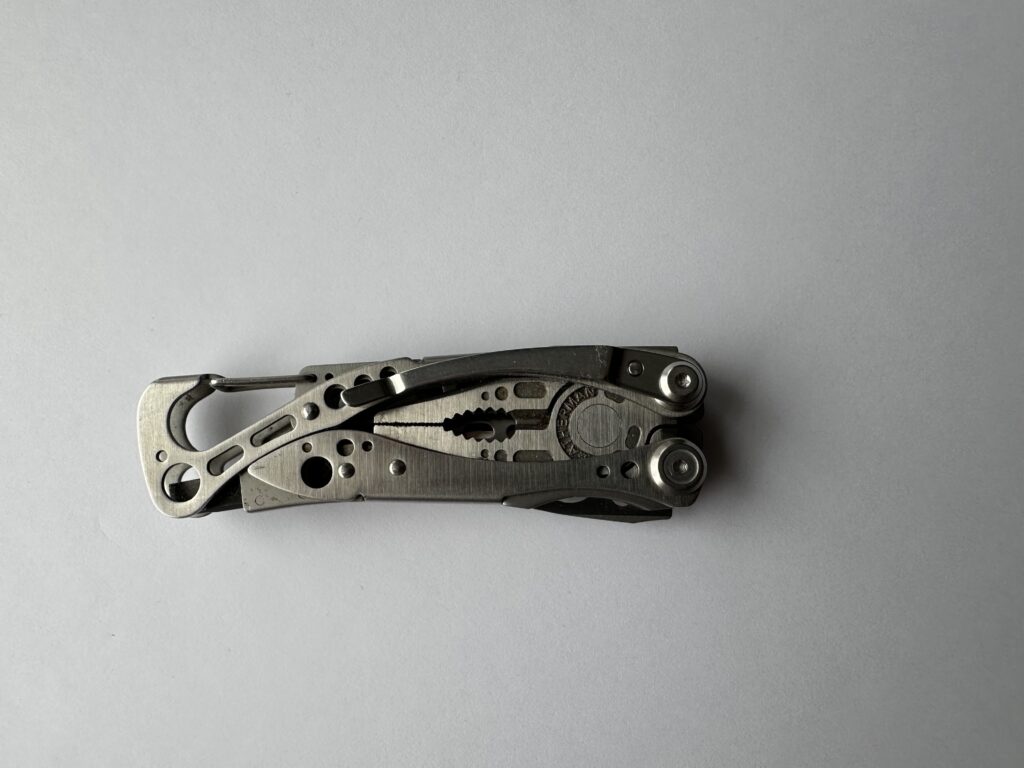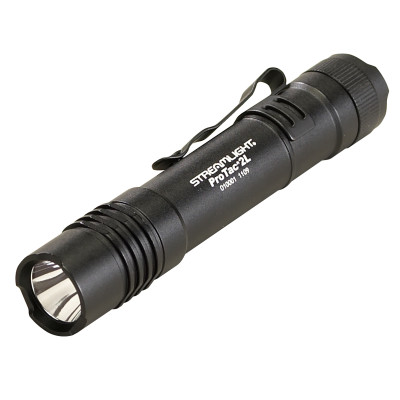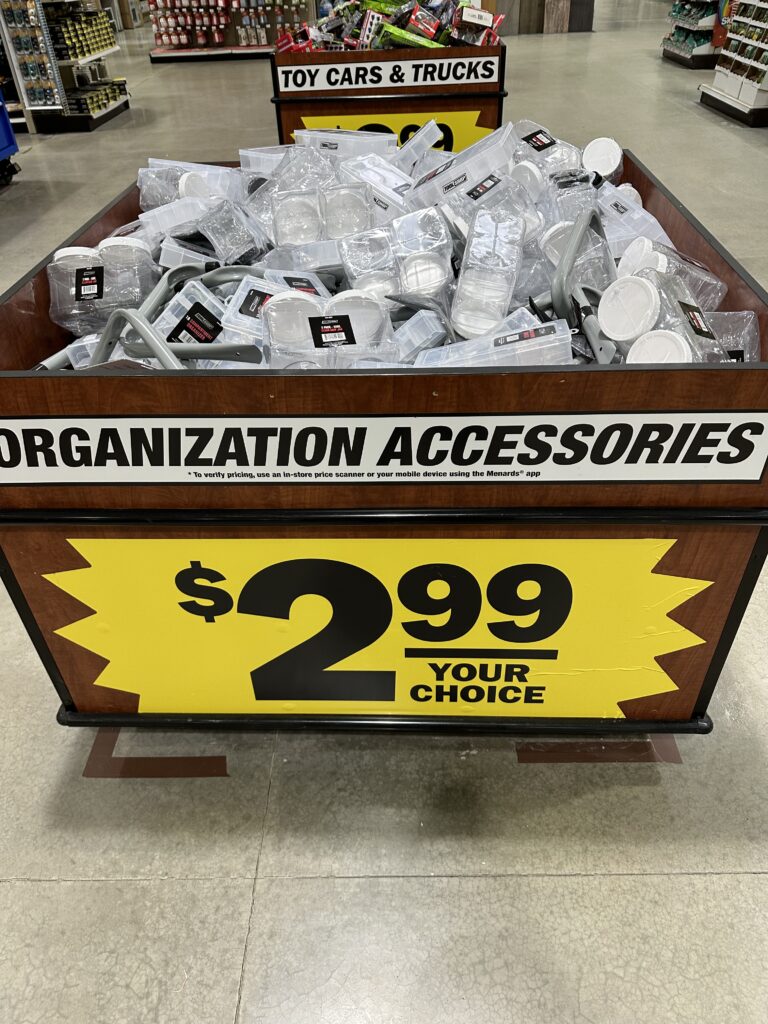When one is none.
Have you ever encountered a huge radio-related hassle over one small equipment failure? Your entire radio station can be kicked off the air because of one flakey connector or a blown fuse. If you don’t have a solution, you’re done. Equipment failures may be a mere annoyance if you’re only doing fun operating. But if it were a situation that really mattered, like in a disaster, a failure with no solution in your go bag can have very serious consequences.
Missed opportunities.
As part of my “job” as an off grid radio blogger & commentator, I consume a lot of related internet content. Of all the material I peruse every month, virtually none of it addresses the issue of what the plan is when the equipment fails, probably because there is no plan.
For example, after reviewing a huge amount of Internet content about ham radio go bags, it occurred to me that very few go bags include extra batteries, cables, connectors, fuses, and similar essentials. In my own direct experience, a while back I was an invited guest at a Field Day operation. I arrived in time to see my hosts struggle with a problem that could have been resolved quickly and easily with a multimeter, which none of the dozen or so hams present thought to bring. Notably, they did not forget alcoholic beverages. go bag
A matter of goals & priorities. go bag
Why you are operating radio in a particular situation will determine whether or not preparing for contingencies matters. If your goal is just to putter around and have a little fun (not that there’s anything wrong with that), then so what if things go wrong? On the other side, if you are into EMCOMM or a survivalist/prepper, being ready for equipment malfunctions is much more meaningful.
So if you are just in it for fun, then breathe easy. Prepare as much or as little as you please and don’t sweat the details. For everyone else, let’s look at ancillary items you will need to support your radio setup.
The go bag.
As the name implies, a “go bag/box” is intended to be something you can quickly grab and head out the door. Therefore, the more stuff you add, the less “go” you get. With that in mind, what important supplies can we include without creating excessive clutter and bulk?
As a bare minimum you should have extra fuses and connection cables appropriate for your equipment. It would also be a good idea to have assorted adapters for your connection cables. Adapters are a “force multiplier” that allows one cable to be used for more than one purpose. These items can easily be worked into a go bag without any compromises.
Hand tools: Yes or no? Maybe.
I’m not sure having a few hand tools in your go bag is a good idea. Even a modest collection of screwdrivers and a pair of pliers will consume weight and space in a bag/box that is meant to be light and portable. Every operator should balance the potential usefulness of the tools against the hassle of lugging them along. I say if you can include a tool set without undermining the purpose of your go bag, then certainly do so.
If a set of hand tools is not a reasonable option for you, a multitool is an excellent compromise. I love multitools! I’ve carried a Leatherman Skeletool for years and it has bailed me out of many tight situations. A Leatherman is an expensive investment; there are perfectly adequate lower priced alternatives.
What Else? go bag
Flashlight. A flashlight is an absolute must-have. Seriously, there is no good reason not to include one in your go bag support materials. Even if you operate only on bright sunny days, the need will arise. I am a flashlight fanatic and carry a Streamlight ProTac 2L at all times. As with my Leatherman it is surprisingly useful.
Extra batteries. Even though extra batteries may consume more weight and space than you might like, it’s a good idea to have at least one. You never know when a battery will fail, or when you might get stuck in the field longer than expected. Solar power is great but it’s inconsistent. You could start the day with strong sun, and then clouds unexpectedly move in. Then you’re draining your battery faster than you can refill it. An extra battery will pull you through to the end of the mission.
Multimeter. It sure is nice to be able to check battery voltages and troubleshoot cable continuity in the field. Multimeters don’t have to be bulky and heavy, nor do they need to be high-end precision instruments. There are plenty of inexpensive pocket size versions that take up very little weight or space.
Beware the slippery slope.
We could go on and on identifying worthwhile items to keep your go bag going. The problem radio amateurs must avoid is cluttering it up with so much extra stuff that you end up with more tool box than go bag. You can’t, and shouldn’t, plan for every conceivable contingency. Be very discriminating and include only items that fit your individual situation.
Preparing your home off grid setup.
Even if you never leave the house to operate off grid, it’s worthwhile to have some preparations for your home setup. Keeping a small supply of supporting materials near your operating position and off grid power source saves you the hassle of digging through drawers and cabinets to solve every little problem. There are no issues with weight/space, so it’s easy to have as much or as little as you need. Near my solar power station is a complete set of fuses, some hand tools, and even a multimeter. We get wicked cold winters in my locale so it’s nice not having to go out into a cold garage just to fetch simple things.
The good news.
The best part of all this is it will cost little if any money. You probably already have everything you need; all you need to do is organize it into something small and light enough to fit in your go bag. I prefer a small plastic organizer box, such as the type that can be found at Harbor Freight or any home improvement store for less than $10.00.
Having a “go box first aid kit” may seem like an obvious idea. But if it’s so obvious, why do so few hams have one? This is not hard! Don’t be the guy or girl who gets shut down over a simple problem!



Chris – another good blog!
I’ve been trained to think about scenarios; “what if?” questions/answers can lead to peace of mind, valuable options, AND a spare parts list. Redundancy matters. Repeat after me: Two is One and One is None
Clearly you’ve given the subject some careful thought 🙂
best, Rick
Hi there, Rick. Asking “what if?” is great but don’t let your mind run away with it. There is such a thing as being over prepared, or prepared for the wrong things. I’ve seen it myself, such as in when a Field Day crew brought plenty of beer but no multimeter.
Nice article, Chris. As the Boy Scout motto goes, Be Prepared.
I’m one of those people who over preps, I guess. But that goes back to when I was a technician for a POS (point of sale) company. My territory covered the entire eastern half of Wisconsin, and from the Illinois border up to the UP. A lot of sites I went to were in pretty remote areas. I had to carry everything and anything I might need on a job because if I didn’t have it, it could be a 4 – 7 hour round trip to go get it. When I was with ARES I carried damn near a complete service kit in the back of the Jeep, including PDFs of the manuals for the equipment all of the team members owned because I could be sure that at least some of them wouldn’t be able to remember how to program new repeaters into their equipment if we had to abruptly switch operations.
Thanks
Randy
KXC9YGN
Hi Randy, If you’re actually using the stuff you’re lugging around, then it’s not too much. In my “real job” as an electronics technician, I maintain fiber optic and cellular equipment across several scattered sites within about a 90 mile radius. Although I do carry some common parts, fiber cables, test equipment, etc., I don’t bring any major components unless I know for sure I will need them, mostly because they can be very expensive (some cost $50,000) and my employer doesn’t want hundreds of thousands of dollars of circuit boards and parts randomly floating around in the back of techs’ cars on a “just in case” basis. They would rather pay us the non-productive time it takes to go fetch these items as needed. This of course is a business decision, not one related to preparedness or necessity.
For ham radio folks who are not motivated by business interests, being prepared means walking a fine line between sensible planning and overkill that can go beyond ridiculous.
I laugh when I think back to my very first Field Day as a teenager. Since I had a Novice ticket at the time, the club I was involved with put me in charge of the Novice station. Back then the rules said you could only run one station per band, but the Novices were not included. On top of that, Novice stations were worth more points. So even though I was young & inexperienced, my being there was a big boost to the point total. I even recruited a few Novice friends so the station would be manned for the entire 24 hour event.
Anyway, in my excitement I packed up enough radio crap to run a mission to the Moon. I had my radio & power supply (a tube rig that all by itself was a lot to haul), power strips, extension cords, three paddle keyers, flashlights, battery chargers, rolls and rolls of coax…oh my I stuffed the trunk of my parents’ car with pretty much everything I had. I didn’t realize it at the time, but bringing all that stuff for a one-day contest was a comically bad decision. I think I spent more time packing and unpacking than I did actually participating in the Field Day.
(Grin) Yeah, I know what you mean about being over prepared. But almost all of my clients were grocery stores, some of them huge. If a checkout goes down it can cost them thousands of dollars per hour in lost sales. And if the whole system goes down, you’re looking at lost sales of tens of thousands per hour. So waiting for someone to get parts wasn’t an option.
The home office generally supplied me with complete units or sub-assemblies so it was rarely necessary to do component level repairs on-site, thankfully. But sometimes things got “interesting”. I hd one huge grocery store in Green Bay call me at about 4AM the day before Thanksgiving that their whole system was down. That was their biggest sales day of the year so it was panic time until I got them back up and running again. I had the system back up by 8 but it took some kludging to get things going and I had to go back and fix the kludges later the next night after the store closed.
Now modern POS systems are all networked PC based, but back then they were all specialty systems with rudimentary communications systems. Casio, Datachecker and NCR were the ones I mostly dealt with. All of them were special purpose equipment with their own quirks, oddball interfaces, bizarre communications. Casio systems, for example, communicated over coax. and it had to be EXACTLY 34 feet long of a specific type of coax to get the impedance to match.